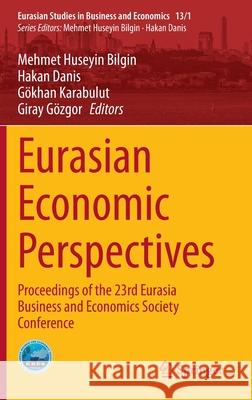Eurasian Economic Perspectives: Proceedings of the 23rd Eurasia Business and Economics Society Conference » książka
topmenu
Eurasian Economic Perspectives: Proceedings of the 23rd Eurasia Business and Economics Society Conference
ISBN-13: 9783030403744 / Angielski / Twarda / 2020 / 478 str.
Eurasian Economic Perspectives: Proceedings of the 23rd Eurasia Business and Economics Society Conference
ISBN-13: 9783030403744 / Angielski / Twarda / 2020 / 478 str.
cena 605,23 zł
(netto: 576,41 VAT: 5%)
Najniższa cena z 30 dni: 578,30 zł
(netto: 576,41 VAT: 5%)
Najniższa cena z 30 dni: 578,30 zł
Termin realizacji zamówienia:
ok. 22 dni roboczych
Bez gwarancji dostawy przed świętami
ok. 22 dni roboczych
Bez gwarancji dostawy przed świętami
Darmowa dostawa!
Kategorie:
Kategorie BISAC:
Wydawca:
Springer
Seria wydawnicza:
Język:
Angielski
ISBN-13:
9783030403744
Rok wydania:
2020
Wydanie:
2020
Numer serii:
000775589
Ilość stron:
478
Waga:
0.86 kg
Wymiary:
23.39 x 15.6 x 2.69
Oprawa:
Twarda
Wolumenów:
01
Dodatkowe informacje:
Wydanie ilustrowane











